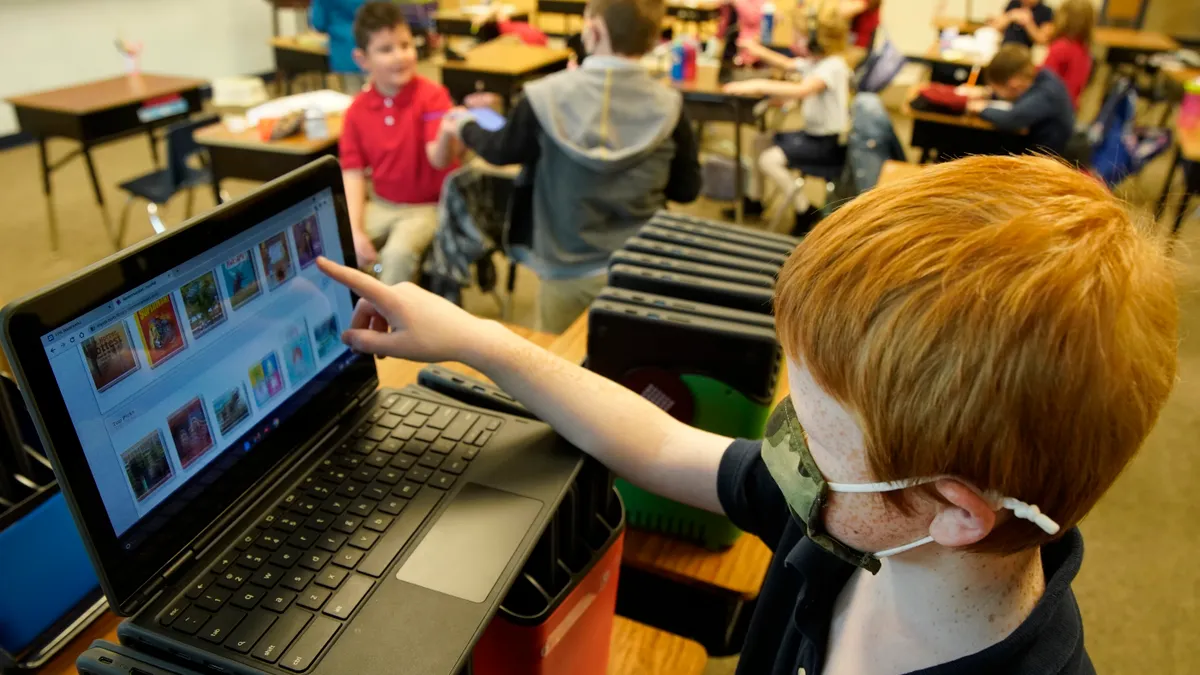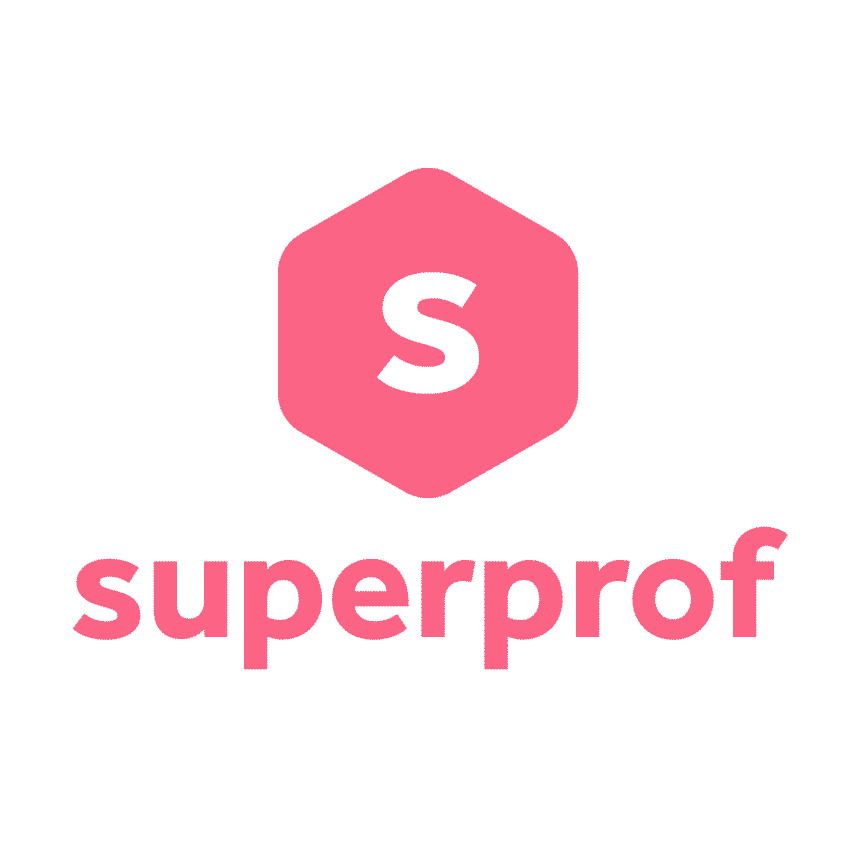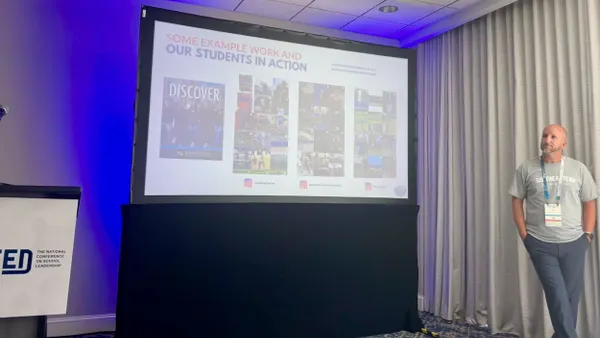Dive Brief:
- Giving students opportunities for small wins as they aspire to larger curricular goals can help strengthen their overall confidence and boost their motivation, Mike Gaskell, principal of Hammarskjold Middle School in East Brunswick, New Jersey, writes for ASCD.
- Educators can use tools and strategies that break down bigger goals, those that can involve writing a long essay or moving up in a reading level, allowing students to feel good about the smaller steps they take toward a milestone.
- Checking in with students during 1:1 conferences or even assigning points to each task they have finished can also help them track progress and chart their growth along the way, Gaskell writes.
Dive Insight:
Educators can support students by dividing assignments into manageable tasks that allow a continual sense of accomplishment along the way to a final product. Some of the basic components of project-based learning lend themselves to this approach, including in-class or digital project walls.
These can break up projects visually, showing students the elements needed to accomplish bigger parts of an assignment and potentially including an embedded timeline, as well. As students make progress on, each step can be recorded in this location and celebrated.
It's also important that educators ensure these steps are manageable for students and that they have enough time to reach these individual, personalized goals, according to the Buck Institute for Education. The steps should also be flexible enough that they can be revised and adjusted if necessary so the bigger goal is maintained.
By breaking up bigger assignments into smaller tasks, educators can also help students strengthen their executive function abilities indirectly through their work. These soft skills can help students across the curricula, teaching them how to organize their time and work by learning how to delegate work into more approachable tasks. In this way, a larger project can offer students multiple opportunities to reach accomplishments across curricula — and offer some additional growth opportunities, too.













